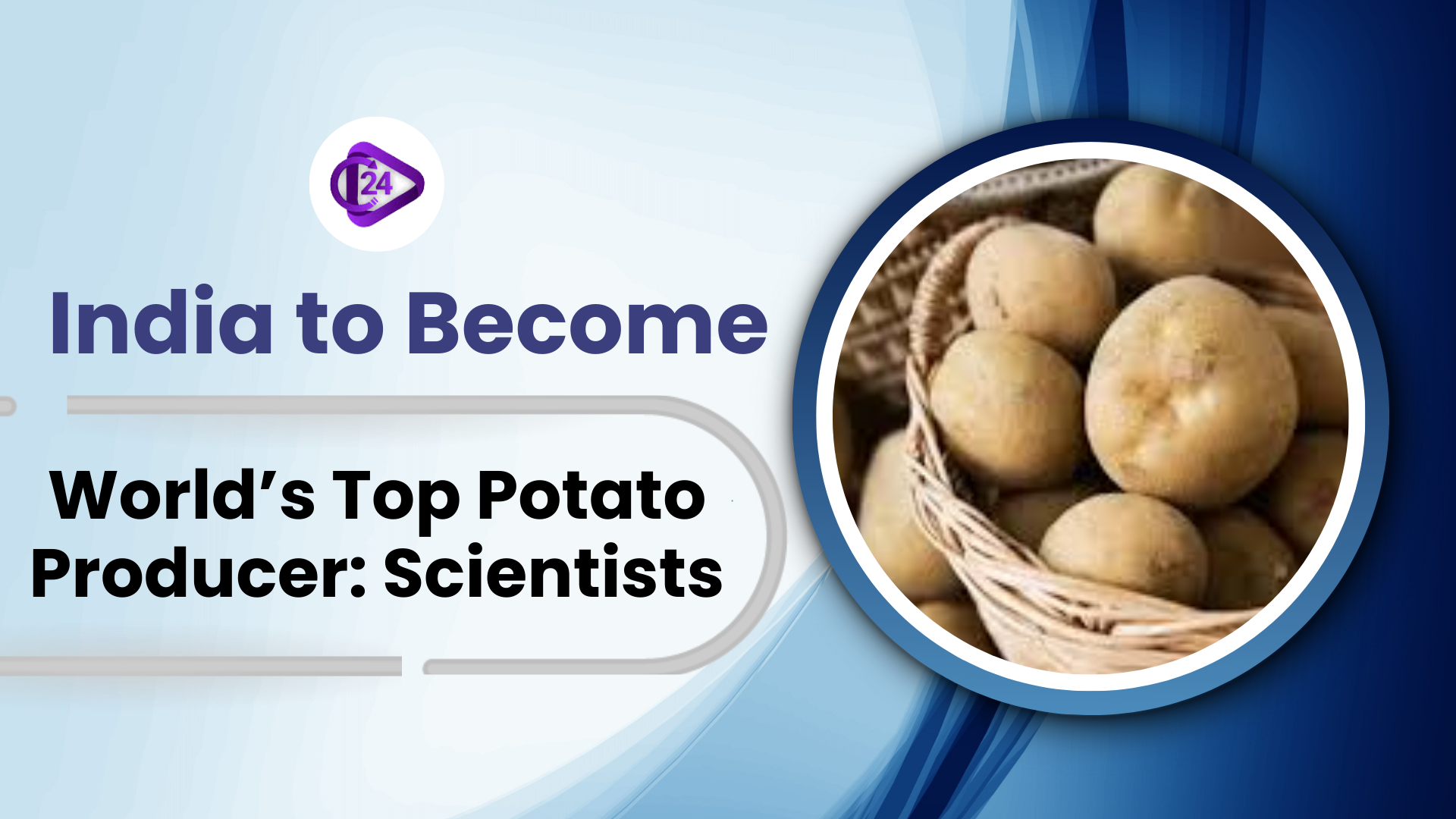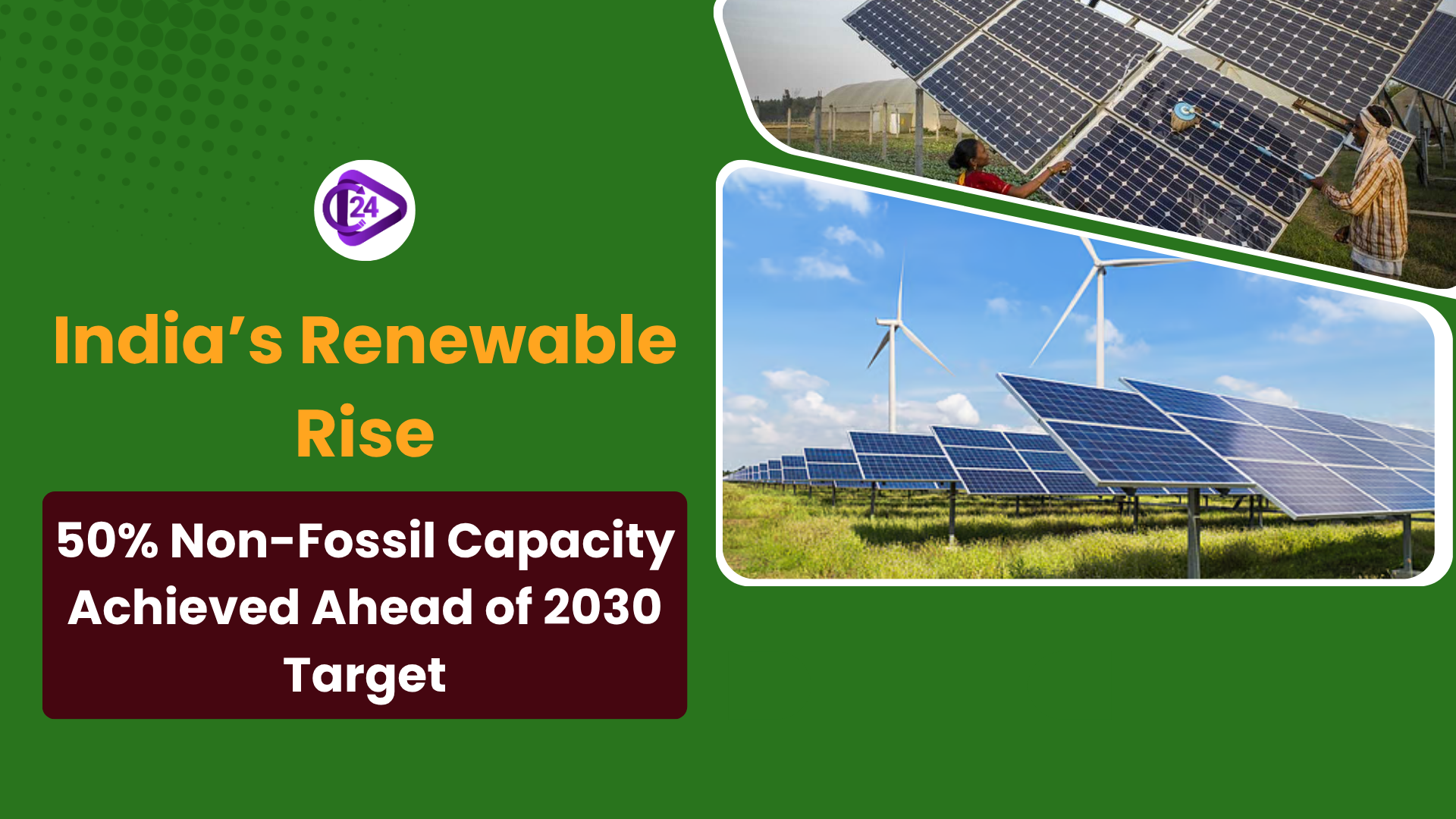
According to scientists from the International Potato Center in Peru, India is on track to be the world’s number one potato producer by 2050, replacing China. The projection was presented at a meeting dedicated to research on root and tuber crops in India and South Asia. The country is expected to increase its potato output from 60 million tonnes to 100 million tonnes by the year 2050. Improvements are the result of 50 years of collaboration between CIP and India, thanks to new technologies and larger farming. There is also an opportunity in the country for other root crops such as sweet potatoes, which can help increase both rural employment and nutrition.
Context
-
International Potato Center in Peru, India, will be the world’s number one potato producer by 2050, replacing China.
-
The projection was presented at a meeting dedicated to research on root and tuber crops in India and South Asia.
Key Points
Production Outlook:
-
More than 60 million tonnes are produced worldwide every year.
-
The estimated output by 2050 is about 100 million tonnes.
Key Partners:
-
The International Potato Center (CIP) has worked together for 50 years.
-
ICAR and the state agriculture departments
Climatic Conditions of Potato
-
Ideal temperature:13–18°C during the day, 18–29°C during the night.
-
Best soil: Loamy, sandy loam with a pH range of 5.2 to 6.4
-
Need at least 6 hours of sunlight a day
-
Sensitive to temperatures above 30°C.
Top Potato Producing States in India
|
State |
Rank |
Share in National Output |
|
Uttar Pradesh |
Largest producer |
~30% |
|
West Bengal |
Second-largest |
~24% |
|
Bihar |
Third-largest |
~18% |
Cultivation Seasons:
-
Potato is mainly a Rabi crop.
-
Limited Kharif cultivation, in some states, such as Uttarakhand and Karnataka.
Economic and Social Benefit:
-
It supports job options for farmers, helps rural regions grow, and boosts women’s empowerment
-
This system helps ensure food, nutrition, and climate safety.
-
Provides new opportunities for private companies and cooperatives in making and moving food.
Government Support and Initiatives
-
Using more funds to advance agricultural science and technologies
-
Special attention is given to shared studies on potatoes and sweet potatoes.
Conclusion:
Because of advances in farming, strong collaborations, and a helpful climate, India is heading toward becoming the biggest potato producer in the world by 2050. The progress will improve India’s farming industry, boost employment chances in rural areas, help secure food, and support efforts to adjust to climate change, all in line with the country’s broader objectives.



 75th Pradhan Mantri Divyasha Kendra to be Inaugurated in Badaun, Uttar Pradesh
75th Pradhan Mantri Divyasha Kendra to be Inaugurated in Badaun, Uttar Pradesh India’s Renewable Rise: 50% Non-Fossil Capacity Achieved Ahead of 2030 Target
India’s Renewable Rise: 50% Non-Fossil Capacity Achieved Ahead of 2030 Target Maratha Military Landscapes Added to UNESCO World Heritage List
Maratha Military Landscapes Added to UNESCO World Heritage List India Launches First-Ever e-Truck Incentive Scheme Under PM E-DRIVE Initiative
India Launches First-Ever e-Truck Incentive Scheme Under PM E-DRIVE Initiative ALASH Initiative Set to Foster Holistic Excellence Among Eklavya Model Residential Schools Students
ALASH Initiative Set to Foster Holistic Excellence Among Eklavya Model Residential Schools Students Supreme Court Directs Election Commission to Consider Aadhaar, EPIC, and Ration Cards for Voter Veri
Supreme Court Directs Election Commission to Consider Aadhaar, EPIC, and Ration Cards for Voter Veri India Fast-Tracks Procurement of MALE Class Drones for Enhanced Border Surveillance
India Fast-Tracks Procurement of MALE Class Drones for Enhanced Border Surveillance Punjab introduced Mukhya Mantri Sehat Yojana
Punjab introduced Mukhya Mantri Sehat Yojana Bihar Cabinet Makes Domicile Mandatory for Women to Access 35% Reservation in State Govt. Jobs
Bihar Cabinet Makes Domicile Mandatory for Women to Access 35% Reservation in State Govt. Jobs Countrywide Survey Highlights Deficits in Student Learning; Punjab and Kerala Among Top Performers
Countrywide Survey Highlights Deficits in Student Learning; Punjab and Kerala Among Top Performers






